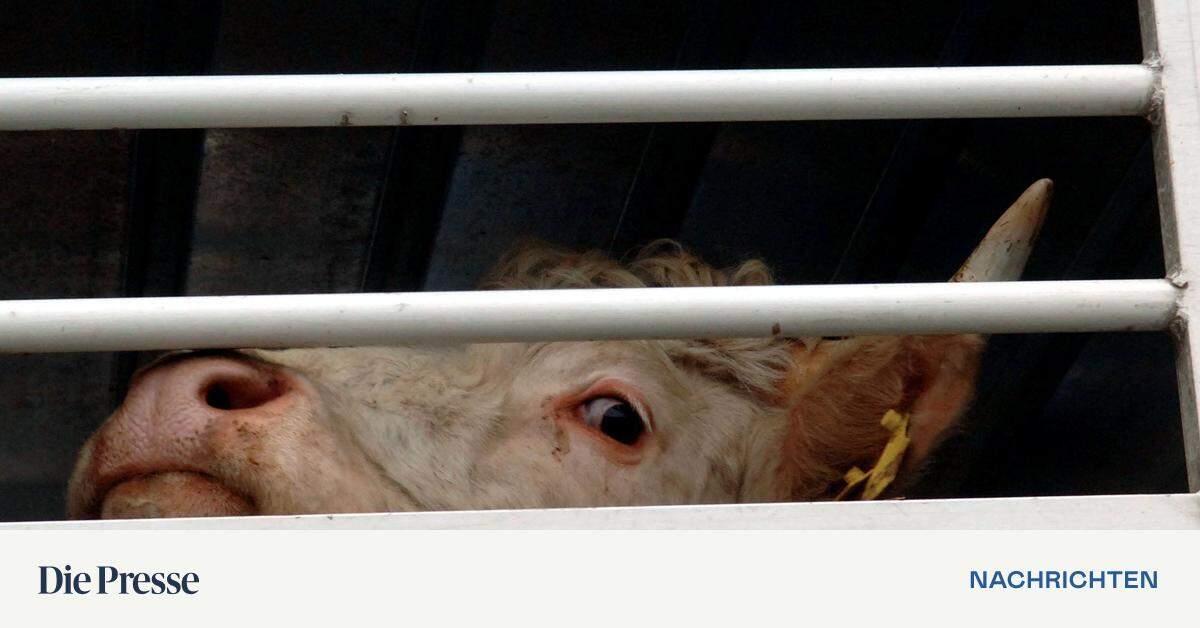A tanker is currently causing a “monstrous stench” in the ports of Cape Town, South Africa. 19,000 animals were on their way from Brazil to Iraq for two and a half weeks.
The smell of a ship carrying thousands of livestock on board in the port of the tourist city of Cape Town in South Africa has caused a sensation. The smell of dung was strong in the center of the city of five million people and in the surrounding area on Monday. According to the city administration, the ship was carrying 19,000 heads of livestock on its way from Brazil to Iraq. To put it in perspective: about 63,000 heads of cattle are kept throughout Vorarlberg, according to calculations of the official state portal.
The ship docked on Sunday in the port of Cape Town, which is located directly on the border with the city centre. The South African Animal Welfare Society (NSPCA) said that it had inspected the ship “Kuwait” and referred in a statement to the “terrible conditions” of the animals that had been on board for two and a half weeks. Thus the animals are in the depths of “feces and ammonia”. “The smell on board is unimaginable,” said Bruce Marock, the association's veterinary advisor.
A sewage plant is suspected to be the trigger
The city administration initially assumed that the odor came from Cape Town's faulty sewerage system. Only several hours later, the authorities attributed the cause to the ship's tanker. According to the city administration, the ship left on Monday evening and is now on its way to Iraq.
According to Austria's animal transport regulations, cattle, sheep and goats must be given “adequate rest for at least one hour after a 14-hour transport period, in particular so that they can be watered and fed if necessary”. After this rest period, the transfer can continue for another 14 hours, but the maximum transfer duration of 29 hours may not be exceeded. (APA/ERIE)

“Food practitioner. Bacon guru. Infuriatingly humble zombie enthusiast. Total student.”








More Stories
Kyiv: Russian Kursk offensive halted
US Presidential Election: Former US Government Officials Warn Against Donald Trump's Election
Netherlands wants to leave asylum system